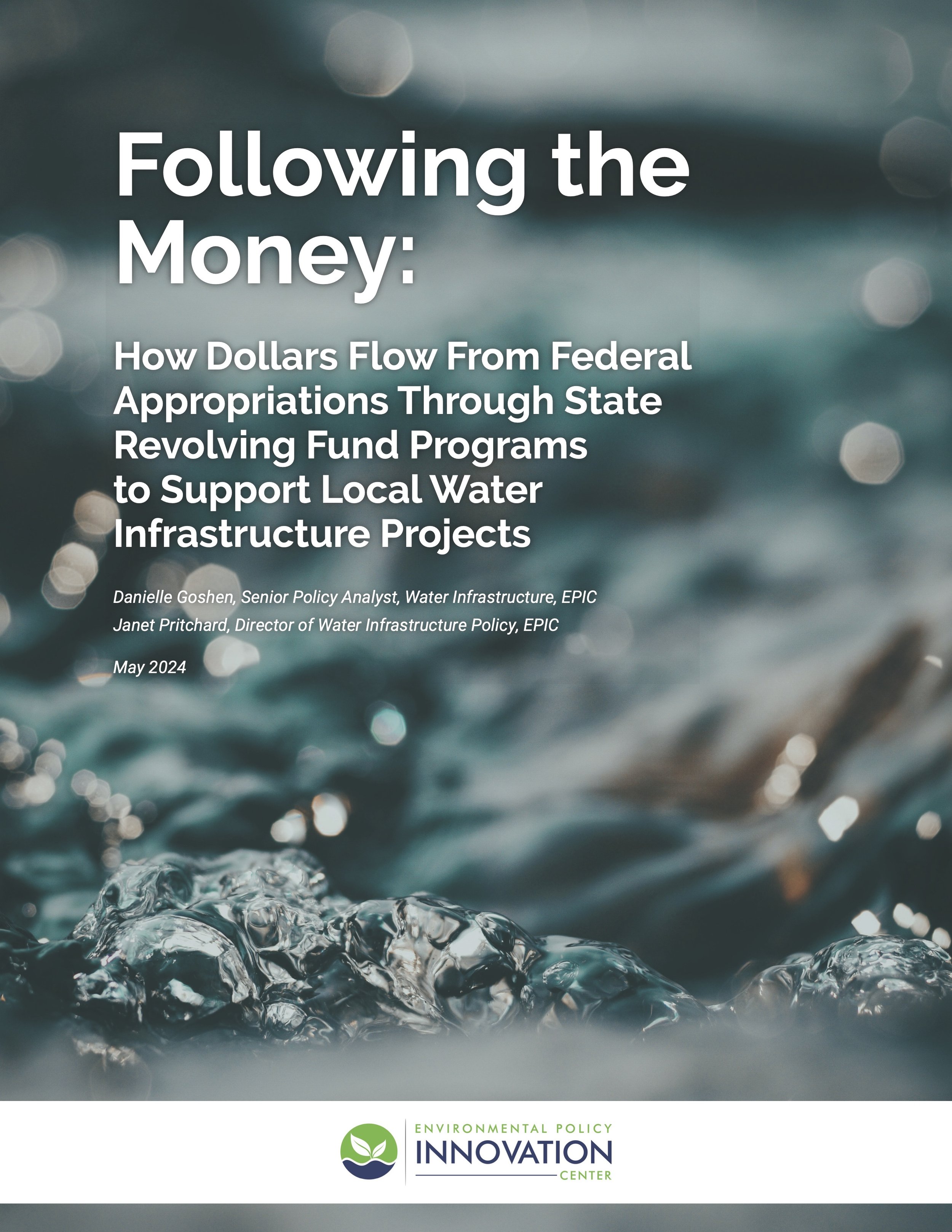Tim Male, Executive Director of EPIC, co-wrote an article in Ecosystem Marketplace with Mariana Sarmiento and Charles Bedford on how to close the biodiversity finance gap.
How could Maryland legislators build a sandbox for nature to accelerate restoration?
The US Department of Agriculture has contracted at least seven RCPP projects that used performance-based payments to buy environmental outcomes. This report profiles their challenges and successes.
Sand County Foundation and the Environmental Policy Innovation Center evaluate the successes, challenges, and immediate opportunities for watershed partnerships in the Midwest.
A report on the progress of nine Iowa cities that have signed memoranda of understanding with the state Department of Natural Resources to establish watershed partnerships.
This report describes how to proliferate connections between point and nonpoint sources of nutrients to meet permit requirements and improve water quality.
This report, published with New Jersey Future, looks at the New Jersey Water Bank (NJWB), which has provided over $9 billion in low-cost financing for water and wastewater infrastructure projects in the state. The report analyzes NJWB awards (i.e. low interest loans and principal forgiveness) over a 5-year period and also assesses the underlying policies governing how New Jersey defines disadvantaged communities.
The report’s ten recommendations would increase the equity and effectiveness of the NJWB program and ensure that communities with the greatest needs receive adequate assistance.

Following the Money: SRF Policy Explainers and Briefs

Improving a Program that Works: Prioritizing New Jersey Water Bank Projects in Disadvantaged Communities
This report, published with New Jersey Future, looks at the New Jersey Water Bank (NJWB), which has provided over $9 billion in low-cost financing for water and wastewater infrastructure projects in the state. The report analyzes NJWB awards (i.e. low interest loans and principal forgiveness) over a 5-year period and also assesses the underlying policies governing how New Jersey defines disadvantaged communities.
The report’s ten recommendations would increase the equity and effectiveness of the NJWB program and ensure that communities with the greatest needs receive adequate assistance.

Navigating Green Infrastructure Maintenance with Capitalized Establishment Costs

Water Systems in Southeastern Pennsylvania Face Challenges in Accessing Public Funds for Infrastructure


